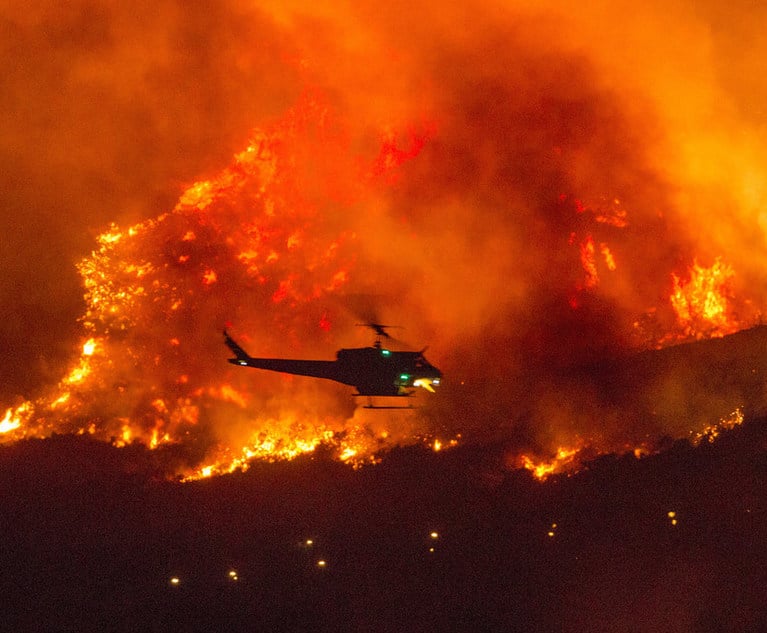On April 2, 2018, Environmental Protection Agency (EPA) Administrator Scott Pruitt announced that greenhouse gas emission standards for model year (MY) 2022-2025 light-duty vehicles are not appropriate and should be revised. This decision sets the stage for potential legal challenges by several states, chief among them California. Whether such challenges will materialize will likely depend on the actual standards set by EPA, in conjunction with National Highway Traffic Safety Administration (NHTSA), after a rulemaking process. It could be a contentious process.
California Air Resources Board (CARB) Chair Mary D. Nichols described Pruitt’s announcement as a “politically motivated effort to weaken clean vehicle standards with no documentation, evidence or law to back up that decision … we will vigorously defend the existing clean vehicle standards and fight to preserve one national clean vehicle program.” New York Attorney General Eric Schneiderman accused EPA of “cooking the books” and vowed to “stand ready to take legal action.” Also unclear is whether the Trump EPA will attempt to revoke the waiver that California enjoys under the Clean Air Act, an action that would result in immediate legal action by California.


 Belynda S. Reck, partner with Reed Smith.
Belynda S. Reck, partner with Reed Smith.




